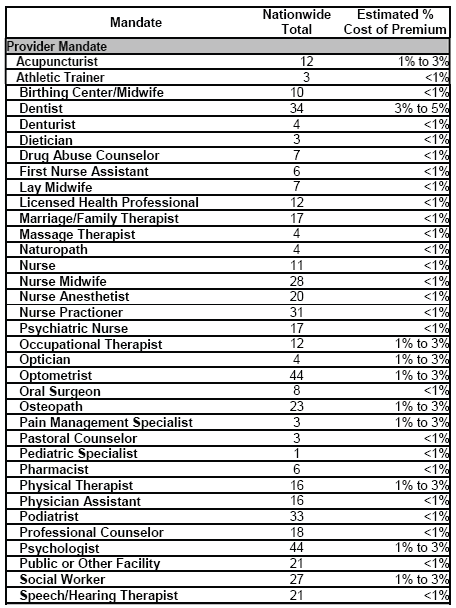The Media's Role in Generating Polarization
A while back, I was asked to write a short essay answering the question of whether the National Parks should be privatized.
Let me show you the first paragraph and a half of my answer, because I want to use it to make a point:
Should National Park’s be privatized, in the sense that they are turned entirely over to private owners? No. Public lands are in public hands for a reason — the public wants the government, not, say, Ritz-Carlton, to decide the use and character and access to the land. No one wants a McDonald’s in front of Old Faithful, a common fear I hear time and again when privatization is mentioned.
However, once the agency determines the character of and facilities on the land, should their operation (as opposed to their ownership) be privatized? Sure. The NPS faces hundreds of millions of dollars in capital needs and deferred maintenance. It is crazy to use its limited budget to have Federal civil service employees cleaning bathrooms and manning the gatehouse, when private companies have proven they can do a quality job so much less expensively....
It goes on from there, but I think that is a fairly nuanced and balanced answer, particularly given that I am probably the most vocal advocate in the country for public-private partnerships in public recreation.
But that nuance is not really interesting to the media. They like point-counterpoint polarization. So a web site called Blue Ridge Outdoors reprints me answer, but they edit it:
YES
No one wants a McDonald’s in front of Old Faithful, a fear I hear time and again when privatization is mentioned. However, once the government determines how to manage a particular park, should its operation be privatized? Sure. The National Park Service faces hundreds of millions of dollars in capital needs and deferred maintenance. It is crazy to use that limited budget for federal employees to clean bathrooms and man the gatehouse, when private companies have proven they can do a quality job much less expensively.
So my answer, which is pretty much "no" gets edited to a "YES" and the entire first paragraph of nuance is deleted. And we wonder why the world seems polarized?
